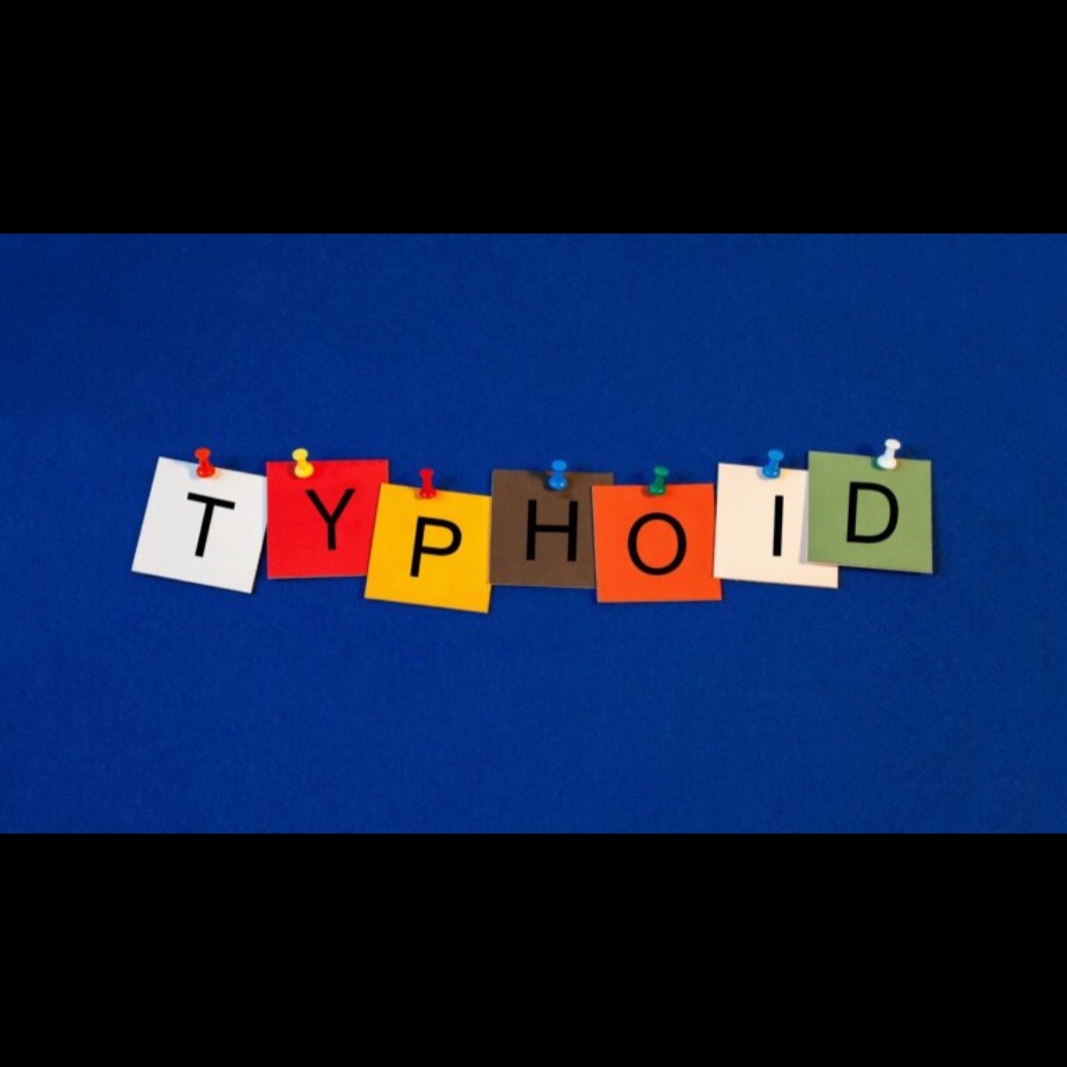+918042782195

This is your website preview.
Currently it only shows your basic business info. Start adding relevant business details such as description, images and products or services to gain your customers attention by using Boost 360 android app / iOS App / web portal.
Typhoid Specialist Doctor in Mumbai

Typhoid Specialist Doctor in Mumbai Typhoid Specialist Doctor in Marine lines Typhoid Specialist Doctor in Charni Road Typhoid Specialist Doctor in grant road Typhoid Specialist Doctor in Mahalaxmi Typhoid Specialist Doctor in Lower Parel Typhoid Specialist Doctor in Prabhadevi Typhoid Specialist Doctor in Mumbai Central Typhoid Specialist Doctor in Dadar Typhoid Specialist Doctor in bandra Typhoid Specialist Doctor in andheri Typhoid Specialist Doctor in borivali Typhoid Specialist Doctor in dahisar Typhoid Specialist Doctor in Mira Road Typhoid Specialist Doctor in Bhayandar Typhoid Specialist Doctor in Vasai Typhoid Specialist Doctor in Nallasopara Typhoid Specialist Doctor in Virar Typhoid fever is a bacterial infection caused by Salmonella typhi bacteria. It is a serious illness that can be life-threatening if not treated promptly. Typhoid fever is most commonly found in developing countries where sanitation and hygiene are poor. The infection is usually contracted through contaminated food or water. Symptoms of typhoid fever can vary, but typically include a high fever, headache, weakness, stomach pain, and loss of appetite. Other common symptoms may include diarrhea or constipation, a rash, and enlarged spleen or liver. In some cases, complications such as intestinal bleeding or perforation may occur. Diagnosing typhoid fever can be challenging because the symptoms can be similar to other illnesses. A blood test is usually performed to confirm a diagnosis of typhoid fever. In some cases, a stool sample may also be taken to look for the bacteria that cause the infection. Treatment for typhoid fever involves antibiotics to kill the bacteria that cause the infection. It is important to start treatment as soon as possible to prevent serious complications. In severe cases, hospitalization may be required to receive intravenous antibiotics and fluids to prevent dehydration. Preventing typhoid fever is essential, especially for those traveling to areas with a high risk of infection. The most important precaution is to practice good hygiene, including washing hands frequently with soap and water, especially before eating or preparing food. It is also important to only drink bottled or boiled water and avoid eating raw or undercooked food, particularly meat and seafood. Another important preventive measure is to get vaccinated against typhoid fever before traveling to high-risk areas. There are two types of vaccines available – an oral vaccine and an injectable vaccine. It is recommended to speak with a healthcare provider before traveling to determine the most appropriate vaccine for your situation. In conclusion, typhoid fever is a serious illness that requires prompt diagnosis and treatment. Recognizing the symptoms of typhoid fever, seeking medical attention, and following preventive measures are essential to stay healthy and avoid infection. By practicing good hygiene, drinking safe water, and getting vaccinated, individuals can reduce the risk of typhoid fever and protect themselves and others from this potentially dangerous infection.

